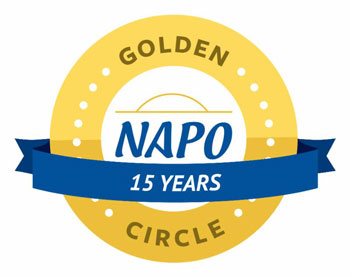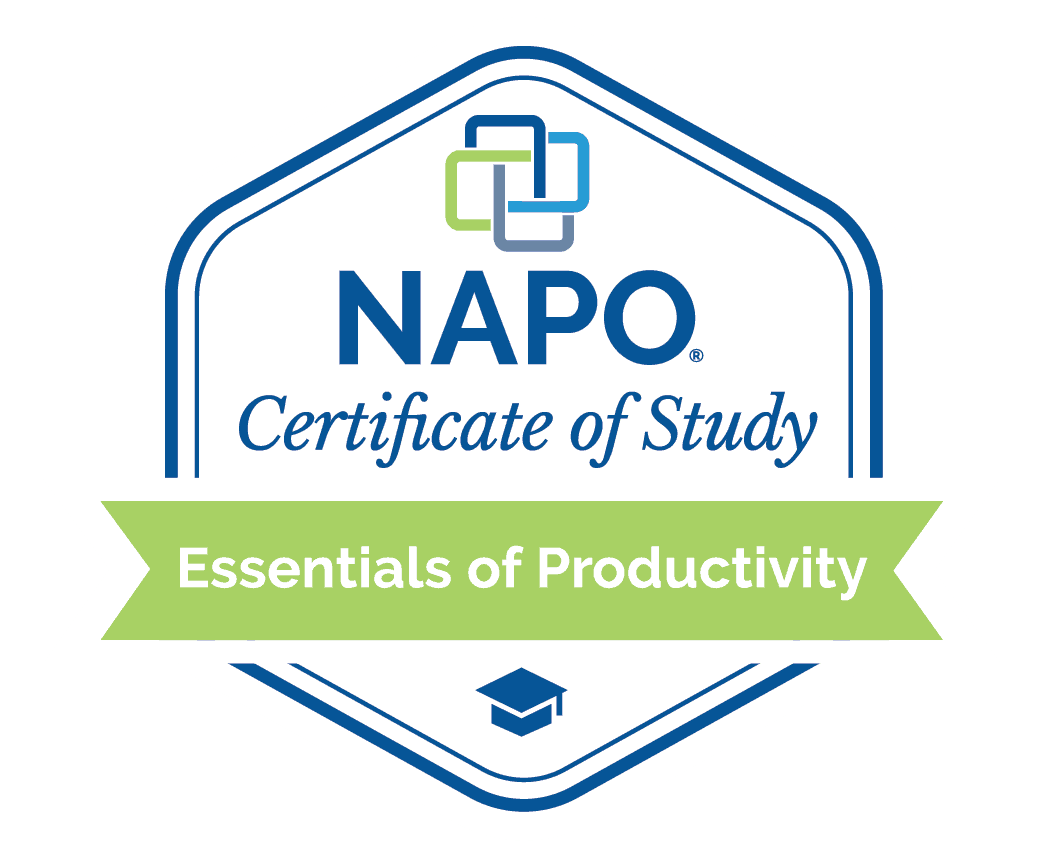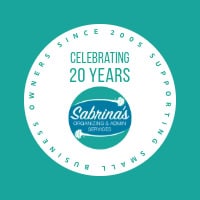
If you think you can’t save for retirement because you are self-employed, think again. A BMO Wealth Management study surveyed 400 small business owners, and the results were eye-opening. When asked how much they have saved for retirement, 75% of them said less than $100,000. But, this doesn’t have to be this way. I aim to introduce you to the type of retirement plans available to small business owners. And to help you ask your financial advisor the right questions for the best retirement account for you.
Small business owners can plan for retirement too!
First, let’s talk about the most popular options small businesses have for retirement planning. There are many others, but I want to hit on the ones you will most likely encounter when talking to a financial advisor.
Simplified Employer Plan (SEP)
A simplified Employer Plan (SEP) is ideal for businesses with high-paid owners and few employees. This type of retirement account is similar to an IRA. You can set up the payment and add it to the account when the taxes are due, usually on April 15th next year. This year’s maximum contribution is $61,000 when I wrote this year. Here is some additional information to help you decide if this will work for you.
What you need to know about SEP IRA Plans.
If you have employees, the same percentage of contribution needs to be made by all eligible employees. This rule can be tricky if one person wants to contribute more and the other can’t do that much. However, this type of account is ideal for solopreneurs/mompreneurs because they are not dealing with any employees.
When you want to take the money out at 59 1/2 years of age, the distributions are taxable.
The maximum annual contribution for 2021 is 25% of the owner’s compensation to $61,000.
The setup is similar to an IRA account.
Another option is the 401K plan; read below to learn about this option.
401(K) Plan
401(K) Plan is ideal for small businesses larger than 50 employees. Maximum annual deferral allowed is up to $19,500 to age 50 and $24,000 over 50 years old. There is a catch-up contribution if you are over 50. You can contribute $6,500 more each year. There is a Defined contribution limit for all sources, which is $61,000.
What you need to know about 401(K) Plans.
The contributions must be through payroll to reduce the taxable wages of employees’ gross pay.
There are early withdrawal rules and penalties.
The last option is called the Simple IRA plan. Read on to get more information about this type of retirement plan.
Simple IRA Plan
A simple IRA plan is voluntary for either employers or employees. Perfect for businesses smaller than 100 employees.
What you need to know about Simple IRA Plans.
Annual contribution through a payroll up to $13,500 to age 50 and $16,500 over 50 includes a “catch-all” contribution.
The employer must match the contribution. But, it can be set at a fixed percentage cap. For example, if an employee elects to contribute 5% and the employer has a cap of 3%, the company will only pay 3% to the employee’s retirement account.
The company match amount is tax deductible.
The contribution is 100% vested and is not subject to payroll taxes.
There are early withdrawal rules and penalties.
These are just a few of the available retirement accounts out there for small business owners. Make sure you ask lots of questions about the plans that your financial advisor suggests for you. Be sure to talk with them about the yearly fee and when those fees get paid out. Also, determine what amount or percentage is required when contributing to these plans. Some plans may not have a required minimum amount down. To get a clearer picture of what type of plan you need and want, I included some article links that may answer your questions.
Retirement Planning tips from experts.
Retirement plans for small businesses by Fidelity
5 Retirement Planning Tips For Small Business Owners by Forbes
Inexpensive retirement plans for small-business owners
Additional advice on savings for your retirement and emergency funds:
Figure out how much money you will need for retirement.
There are plenty of apps to help you determine this. Some sites say you can multiply your annual spending by 25% to determine a number. Websites like Nerd Wallet can also help you with their retirement calculator.
Contribute regularly.
I have seen this happen many times with clients (affiliate). They feel that they can contribute monthly because of the cost. And opt to do it once a year. I always believe that contributing over a course of time regularly allows for the ups and downs in the market. If you put money into an account once, you are more likely to all your money at one price point and could easily lose money in the short run. Instead, contributing a little at a time over a course of several months will allow for the buys to be up and down, so when the market moves, your money will be more stable.
If you feel that you can’t make that much money, try $100 / month and then contribute every six months a larger amount.
Be clear on how you will be contributing to the account and how you will use it.
Make sure it is evident in your mind which account the money should come from. Will you be doing an auto-withdrawal each month, each year, or each quarter? The retirement accounts should be used for retirement, so remember when you think you should pull money from them. You will be penalized for taking it too soon.
Have a separate emergency fund for your business, don’t use your retirement account for emergencies.
You may think that emergency funds are hard to create. They aren’t. You have patience, and it will grow. It may take a year or two, but it will grow if you don’t pull from them all the time. If you want to find out how to create an emergency fund, check out my post called “How To Create A Small Business Emergency Savings Account.”
In closing, if you need help deciding which retirement account would be best for you, look for a retirement advisor by asking for recommendations from other business owners, family, or friends you trust. Pick someone who understands your needs and your business situation. I hope this information helped you get a clearer picture of what is available for your retirement account. Feel free to comment below, and I will reply as soon as possible.
Please note these are affiliate links through Amazon (affiliate), and at no additional cost to you, I will earn affiliate fees if you decide to make a purchase.







Retirement plans come in many forms, so it’s important to do as much research as possible to determine which one is best. I have a simple IRA, which works for me, but each one has its upsides and downsides to consider.
I totally agree, Robert. Thank you for stopping by and commenting. Every small business owner needs to assess their own situation and determine the best plan for them.